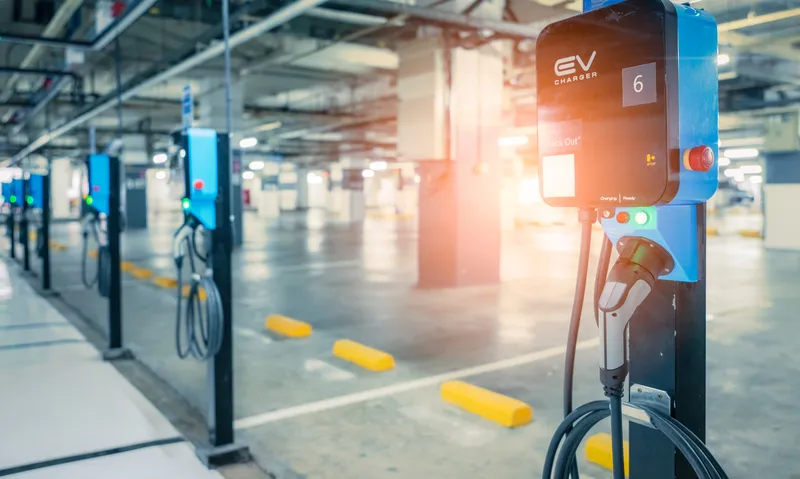With over 100,000 plug-in electric vehicles on UK roads, according to website nextgreencar.com, the UK government’s Office for Low Emission Vehicles (OLEV) has appointed Cenex to maintain and develop the official UK database of information on public charge points. This information will be freely available and will allow third party developers to offer an enhanced user experience for EV motorists.
Working in partnership with green energy software systems specialist Apetrel Systems Cenex has announced its plans for the development of the National Chargepoint Registry (NCR).
The upgrades to the NCR will help to ensure that the information on chargepoints in the UK is accurate and up-to-date, and will allow developers to build mapping and journey planning applications using the best available data.
Established in 2011 to provide a freely available database of publicly-accessible charge points across the UK, and with a user-friendly web interface (link http://national-charge-point-registry.uk), the NCR currently holds data provided by charge point operators on charge points locations, compatibility, and hours of operation.
Several mapping tools and apps use the NCR data to help EV drivers find suitable charging facilities on their route, including ecarNI in Northern Ireland; Greener Scotland; PlugSurfing, a service covering EV charging locations across Europe; Open Charge Map, which shows charge points both in the UK and globally.
Cenex takes control of official UK database of electric vehicle charge points
With over 100,000 plug-in electric vehicles on UK roads, according to website nextgreencar.com, the UK government’s Office for Low Emission Vehicles (OLEV) has appointed Cenex to maintain and develop the official UK database of information on public charge points. This information will be freely available and will allow third party developers to offer an enhanced user experience for EV motorists. Working in partnership with green energy software systems specialist Apetrel Systems Cenex has announced its pla
August 3, 2017
Read time: 2 mins









